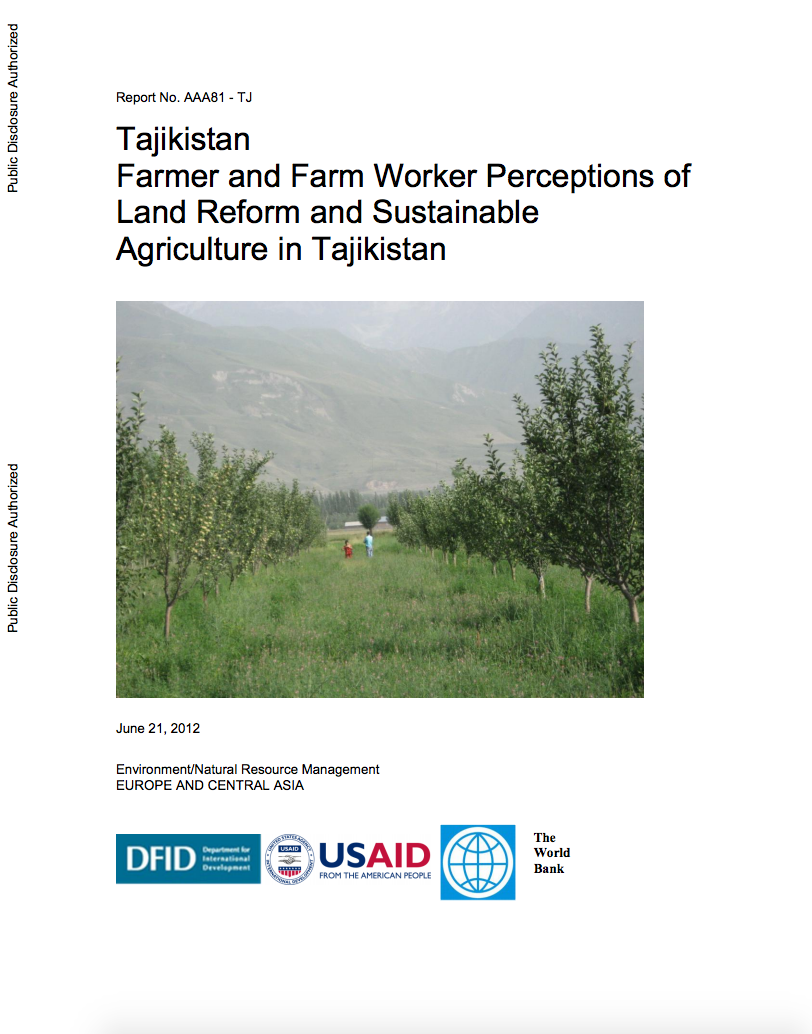Assessing the Functioning of Land Rental Markets in Ethiopia
Although a large theoretical literature discusses the possible inefficiency of sharecropping contracts, empirical evidence on this phenomenon has been ambiguous at best. Household-level fixed-effect estimates from about 8,500 plots operated by households that own and sharecrop land in the Ethiopian highlands provide support for the hypothesis of Marshallian inefficiency. At the same time, a factor adjustment model suggests that the extent to which rental markets allow households to attain their desired operational holding size is limited.


